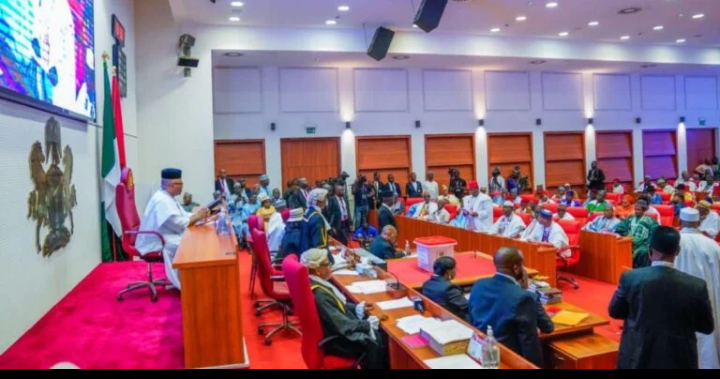
The Police Service Commission (PSC) has ordered the immediate retirement of senior police officers who have either exceeded 35 years of service or are above 60 years old.
This decision comes amid ongoing legal debates regarding the tenure extension of the Inspector General of Police (IGP), Kayode Egbetokun, who recently turned 60.
A statement by the PSC’s Head of Press and Public Relations, Ikechukwu Ani, explained that the Commission had reviewed its previous decision made at the 24th plenary meeting in September 2017. That decision allowed force entrants to use their enlistment date rather than their initial appointment date for retirement purposes. However, after reconsideration, the PSC reversed its stance, citing inconsistencies with Public Service Rule No. 020908 (i & ii), which mandates retirement at 35 years of service or upon reaching the age of 60.
Ani added, “The Police Service Commission, following its first extraordinary meeting, approved the immediate retirement of senior police officers who have served more than 35 years or are above 60 years old. The decision revisits the previous approval from the 24th plenary meeting of 2017, which had allowed force entrants to use their enlistment date. This earlier stance was found to contradict the principles outlined in Public Service Rule No. 020908, which mandates retirement at 35 years of service or 60 years of age.”
This decision comes at a time when the tenure extension of the IGP has sparked legal controversy. Senior Advocate of Nigeria (SAN) Kunle Adegoke commented that, while the move may not violate any constitutional provisions, its legality depends on judicial interpretation. He noted that, unless explicitly prohibited by law, the appointing authority generally has the discretion to extend an official’s tenure.
Adegoke further explained, “If the law does not expressly forbid reappointment or tenure elongation, the general rule is that what is not forbidden is permitted. The regulations governing the police and military are distinct from those in the civil service, as they are guided by specific rules for their appointments and tenures.”
He suggested that bringing the matter to court would provide clarity and establish a legal precedent on the issue.
Former Chairman of the Section on Public Interest and Development Law, Nigerian Bar Association, Monday Ubani, SAN, argued that the IGP’s tenure extension was supported by an Act of Parliament, which supersedes civil service rules. He said, “The Police Act defines the powers and tenure of the IGP, and the law was amended to allow for a four-year tenure, irrespective of age. Therefore, even if the IGP has reached 60, his tenure can still be extended.”
Ubani emphasized that, in cases of legal conflict, Acts of Parliament take precedence over civil service rules, but he also called for open public debate on the matter. He stated, “We must ensure that democracy thrives, even in disagreements.”
Another senior lawyer, Ifeday Adedipe, SAN, echoed Ubani’s view, stating that the IGP’s tenure extension was legal under the 2020 law signed by former President Muhammadu Buhari. He argued, “As long as the law was properly passed and assented to, the extension is valid. There’s nothing arbitrary about it.”
Adedipe also expressed concern over the frequent turnover of Inspectors General of Police, arguing that such instability undermines the efficiency and development of the force. He pointed to the long-serving leadership of judicial and executive bodies in countries like the United States, which fosters consistency and strong institutional culture.
He concluded, “If someone is appointed IGP, they should be allowed to serve for five or six years. This would enable proper evaluation of their leadership and ensure stability within the police force.”
Advertisement







